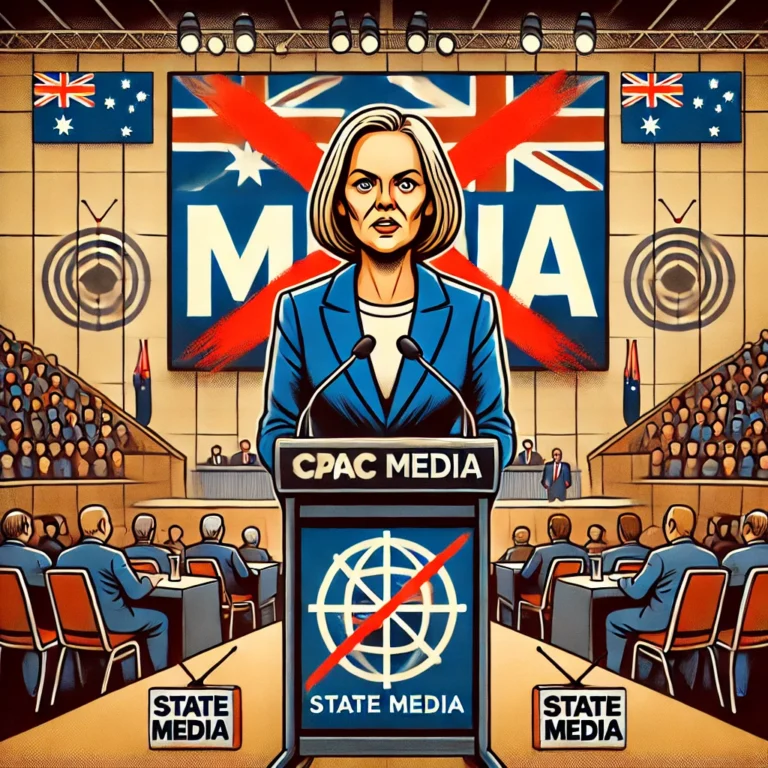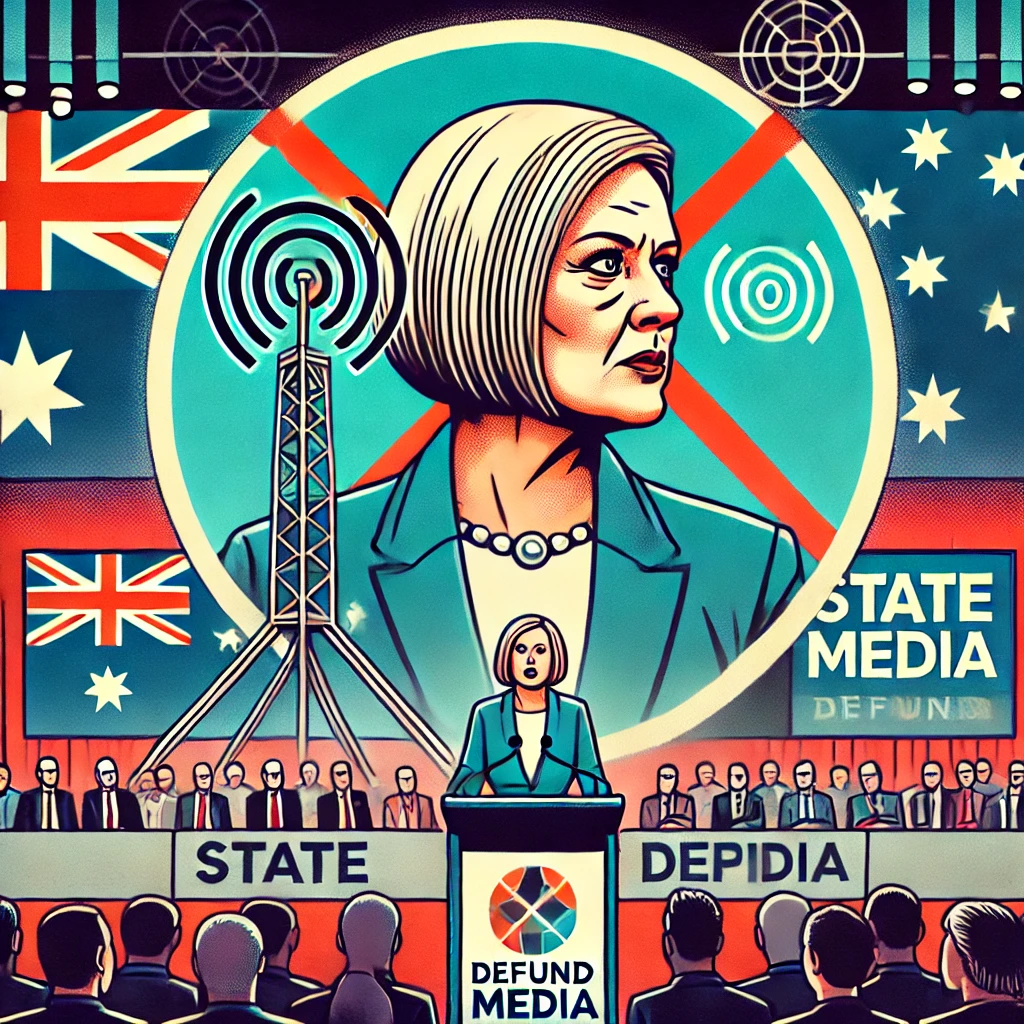
Understanding the Recent Controversies Surrounding State Media

The debate over state media and its influence has been reignited by comments from notable political figures, most recently at an event in Brisbane, Australia. The discussion has raised important questions about the role of public broadcasting and the intricate relationship between government and media organizations.
The Context of State Media
State media operates in various forms around the globe, functioning either as government-sponsored outlets or public broadcasters that receive funding from taxpayers. The objective behind these institutions is often to provide unbiased news coverage and uphold democratic values. However, in practice, perceptions differ widely about their effectiveness and impartiality.
### Key Considerations
When delving into the topic of state media, several key points emerge:
- Funding Sources: State media typically relies on government funding, which can create a conflict of interest. Critics argue that such funding may limit journalistic independence.
- Bias and Credibility: Concerns about bias often arise, with accusations of leaning toward the government’s narrative rather than providing balanced coverage.
- Public Accountability: As entities funded by taxpayers, state media organizations are expected to uphold a high standard of transparency and accountability.
Political Landscape and Media Involvement
The involvement of political figures in media-related discussions is not new. In recent times, calls for reform often emerge during politically charged events, highlighting the ongoing tension between state media institutions and political discourse.
### Recent Events in Brisbane
At a recent Conservative Political Action Conference (CPAC) event held in Brisbane, powerful voices from the political arena addressed the perceived deficiencies of state media, particularly focusing on the Australian Broadcasting Corporation (ABC). This event drew significant attention, as attendees scrutinized the interplay between media integrity and political accountability.
The Role of CPAC Events
CPAC events often serve as platforms for conservatives to discuss and disseminate their viewpoints. They provide a stage for political leaders to connect with supporters, voice concerns, and advocate for changes, reflecting on current media practices. Key elements of these events include:
- Networking Opportunities: Attendees have the chance to engage and build connections within the conservative movement.
- Policy Discussions: Mainstream issues, including media regulations and funding, frequently dominate discussions.
- Influencing Public Opinion: The rhetoric used at such events can shape media narratives and public perceptions.
### Implications of State Media’s Influence
The influence of state media on public perception and political stability is profound. When state-funded outlets are perceived as biased, it may erode trust in media and create polarization among audiences. With social media amplifying diverse voices, the traditional role of public broadcasting is increasingly called into question.
The Global Perspective
The challenge of regulating state media is not confined to Australia. Around the world, countries grapple with maintaining a balance between funding these institutions and ensuring they operate independently. Observations from various countries point to a collective struggle to manage the impact of state sponsorship on media integrity.
### Comparative Analysis
Each country has its own distinct dynamics regarding state media, leading to varied approaches:
- United Kingdom: The BBC faces ongoing debates about funding models and its relevance in a changing digital landscape.
- United States: The fragmentation of media has led to a revival of discussions around public broadcasting services like NPR and PBS.
- Canada: The CBC encounters its own challenges concerning funding and perceived bias, sparking discussions about the future of public media.
Public Opinion and Media Reform
Public sentiment plays a pivotal role in shaping discussions surrounding state media. As audiences become more digitally savvy and demand greater accountability, calls for reform intensify. The voices of citizens are becoming increasingly crucial in this conversation.
### Engaging the Public
Efforts to engage the public in discussions about state media can take several forms:
- Surveys and Polls: Gathering data on public trust in media can inform future policies.
- Town Hall Meetings: Providing platforms for citizens to express their concerns fosters dialogue.
- Social Media Engagement: Utilizing online platforms allows for real-time feedback and broader participation.
The Road Ahead
As political figures continue to voice their thoughts on state media, the landscape will likely see shifts influenced by public opinion and technological advancements. The ongoing discussions highlight the tension between maintaining a funded broadcast service that serves the public interest and addressing concerns about bias and transparency.
### Potential Changes in Policy
Forthcoming reforms could encompass:
- Revised Funding Models: Exploring alternative funding sources to minimize governmental influence.
- Stricter Regulations: Enforcing standards that enhance impartiality and transparency in reporting.
- Enhanced Oversight: Establishing independent bodies to monitor state media organizations.
Conclusion
The discussions around state media, especially highlighted at events like the recent CPAC in Brisbane, continue to resonate in the political sphere. With shifting public expectations and technological disruptions, the future of state media may indeed be on an evolving path, prompting both policymakers and citizens to consider how best to uphold democratic values and ensure favorable media practices. As the dialogues develop, the crux of the matter remains: finding a sustainable alternative that honors transparency while fulfilling the public’s right to unbiased information.